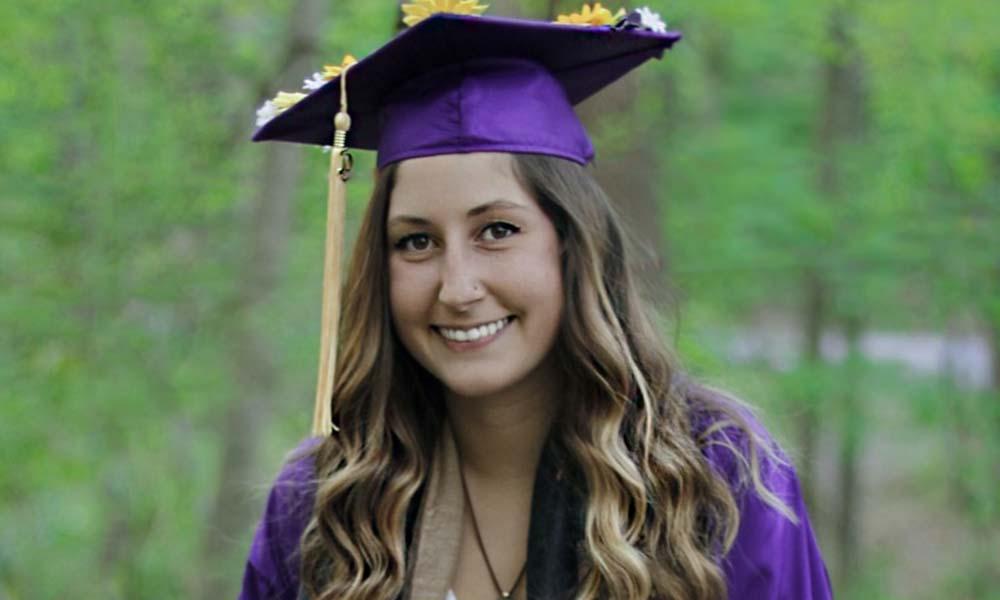Social work field placement demonstrates engaged learning
News
When students begin field placements, they take their first steps into the role of a professional. Students in the social work program are required to complete 472 hours of directed field practice before graduation. This opportunity provides students a professional environment in which they are able to learn, reflect and self-evaluate themselves as social workers. Corrisa Malat (’19) hoped for either the foster care or the child protective services environment for her field placement, but found herself placed at a psychiatric hospital for adults instead. “I ended up loving it, as it was challenging and rewarding,” Malat said. “I learned a lot.”
During Malat’s placement, she facilitated a weekly psychoeducational rehab group called Community Education. She noticed a gap in engagement and participation between patients and decided to focus her case study on engaging adults with mental illness.
“I found that implementing an energizing movement at the beginning of group would be helpful to refocus patients, especially ones dealing with drowsiness from medication,” Malat said. “I also found that I had to incorporate a visual, auditory, and interactive component into each lesson to reach different types of learners. After implementing these techniques along with some others, I saw an improvement in participation and engagement.”
When she decided to focus on group engagement for her case study, she consulted outside resources for help. “Between structured assignments, supervision and access to JMU’s library resources, I was able to successfully change the way information was presented and received in this group,” Malat said.
Professor Cynthia Hunter, Malat’s faculty field instructor, encouraged her to write about what she had done during her placement to illustrate how students, by following well-crafted assignments in a community agency, can make real contributions to the space and people that they serve. “We want our students to take research-informed practice seriously, and that’s what she did,” Hunter said.
Per Hunter’s suggestion, Malat put the time, dedication and scholarship into writing. After the lengthy process of submission and revision, Malat’s paper was accepted for publication by The Field Educator, an online journal published by the Simmons School of Social Work. It will appear in the spring issue, set to be released in April 2020.
“She took initiative and did it solidly,” Hunter said.
The impact of Malat’s field placement extended beyond making real-world contributions by improving the group setting at the hospital for the mentally ill. Her article explained how students benefit from having the same resources that she did, and how agencies can benefit from student contribution. It exemplified what good collaborative work can do.
“Publishing an article never would have crossed my mind,” Malat said. “The process was long and tedious, but worth it!”
